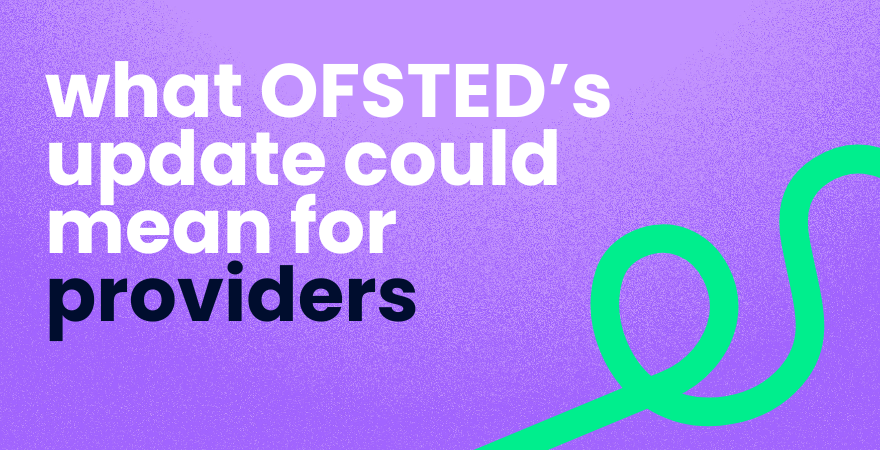
Written by Andrew Bardsley, Head of Quality at Open Awards
Having been through several OFSTED inspections during my time in FE, I appreciate the pressures that all staff face when being inspected. With the recent release of the consultation period concerning the Ofsted reforms, I was hopeful that the changes would reduce the burden on staff and lighten the stress placed on teaching professionals at all levels.
While the shift away from single-word judgements and the introduction of more detailed report cards are intended to improve fairness and transparency, concerns persist about the overall effectiveness of these changes.
- The Report Card System
The introduction of colour-coded report cards and multi-category grading aims to provide a more nuanced assessment of providers in response to feedback from stakeholders who indicated the single grade was not the best way to express the overall quality of a provider. The language used in the new 5-point scale could be seen to be less punitive, however it could be argued, that the judgments are simply replacing one set of terms for an equally pejorative set of options.
- Increased Pressure on Schools and Teachers
Despite attempts to reduce the punitive nature of inspections, there is concern that the changes do little to alleviate the intense pressure placed on Providers. While the grading language may change, the fundamental issue of inspections contributing to staff burnout remains unaddressed.
- Focus on Attendance and Behaviour
The heightened focus on attendance and behaviour is well-intended, especially in light of post-pandemic challenges. However, this does not necessarily take into account the deeper socio-economic factors influencing absenteeism and student conduct. Schools serving disadvantaged communities may find themselves penalized for factors beyond their control, further entrenching systemic inequalities.
- Consistency and Inspector Training Issues
One long-standing criticism of Ofsted is the inconsistency of inspections, where different inspectors may apply subjective judgments despite official guidelines. While the new reforms promise better training and review processes to standardise inspections, scepticism remains about whether this will translate into meaningful change on the ground.
- Questionable Effectiveness of Interventions for Struggling Schools
The government’s plan to deploy expert teams to struggling schools has been framed as a solution to systemic underperformance. However, this strategy does little to address the root causes of educational decline, such as funding shortages, staff retention issues, and inadequate community support.
While Ofsted’s reforms mark an attempt to modernise school inspections, they do not necessarily address the fundamental concerns about stress, fairness, and systemic inequalities in education. Without additional efforts to provide real support to struggling schools and address inspector subjectivity, these changes may amount to little more than a superficial rebranding of an already controversial system.
